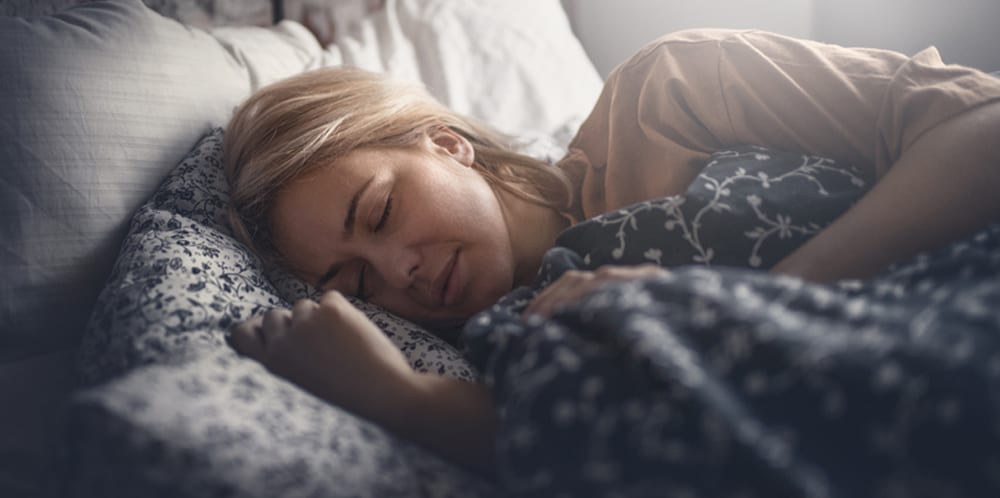According to the threat simulation theory of dreaming, dreams are essentially an ancient biological defence mechanism, evolved to let us work through our fears in a low-risk environment, helping us prepare for stressful events in real life. So while the vivid dreams may not always be pleasant, they can help you process feelings of anxiety. As an example, researchers at the Sorbonne University in Paris found that students who had anxiety dreams the night before a medical school entrance exam performed significantly better on the exam than those student who didn’t dream.
The other reason why you may be having more vivid dreams is that you may be getting more sleep. Now that the long morning commute or late nights with friends has been put on hold, people can catch up on sleep. Raphael Vallat, a neuroscientist specialising in sleep and dream research at the University of California, Berkeley Sleep and Neuroimaging Lab says people who are “dream deprived” tend to be sleep deprived, too. While we dream all throughout the night, it’s easier for us to remember dreams that occurred during the REM stage of sleep, and people may miss out on REM sleep if they cut sleep short.
If your dreams are causing you distress, or they are interrupting your sleep, as well as talking to your healthcare practitioner, you can ensure you practise good sleep hygiene, which includes making your bedroom a relaxing space, being cautious about the use of alcohol and caffeine and having a regular, calming routine before bedtime, which doesn’t include watching the news or reading COVID updates.
Keeping a dream journal by your bed to record your dreams in the morning can help you reflect on how you may be feeling. Try and include as much information as you can, as well as how you felt in the dream. This will help you identify recurring themes and help make sense of the dream.
Here are some examples of common anxiety dreams:
- Dreams where you are being chased by someone or something can sometimes mean you are avoiding an issue or person.
- Appearing naked in public can be a result of feeling vulnerable and exposed.
- Falling dreams are also common, and can be a sign of that you feel fear that something bad may happen, you feel life lacks stability or that you lack control of a situation.
- Teeth falling out is one of the most common anxiety dreams, and it can often occur when you feel a loss of control.
- Being under water or caught in a large wave can be a result of feeling under pressure and losing control.
- Being late can signify that you feel unprepared for something, disorganised or incapable of completing something.




